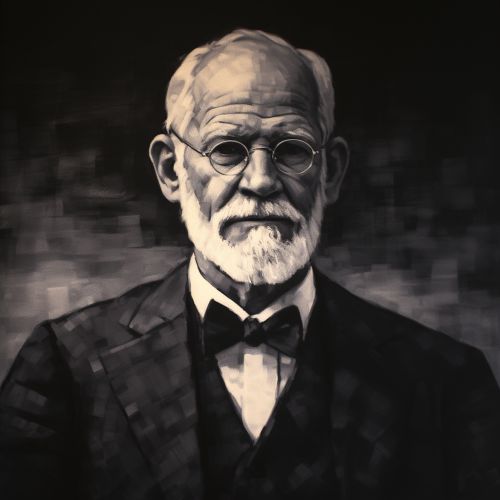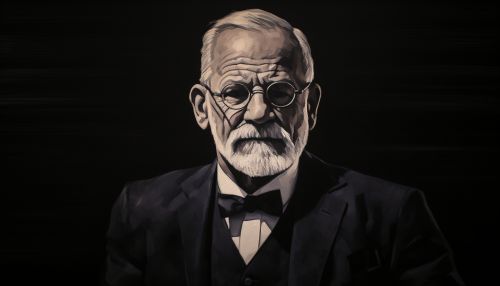Psychosexual development
Introduction
Psychosexual development is a central component of the sexual maturation process and it is one of the most vital aspects of an individual's developmental stages. This concept is primarily associated with Freud's theories of sexual development, which suggest that a child's progression through various stages of sexual development directly impacts their personality and behavior in adulthood.


Freud's Theory of Psychosexual Development
Freud's theory of psychosexual development is a series of five stages that children pass through from birth to adulthood. These stages are the Oral, Anal, Phallic, Latency, and Genital stages. Each stage is associated with a particular erogenous zone that is the focus of pleasure and conflict. Failure to successfully complete a stage can result in fixation, a concept that Freud used to explain the development of certain personality traits and behaviors.
Oral Stage
The Oral stage, which occurs from birth to 1 year, is the first stage of psychosexual development. During this stage, the mouth is the primary erogenous zone. The child derives pleasure from oral activities such as sucking, biting, and swallowing. Freud believed that experiences during this stage significantly influence an individual's relationship with food, smoking, drinking, and nail-biting.
Anal Stage
The Anal stage, which occurs from 1 to 3 years, is the second stage of psychosexual development. The focus of pleasure shifts to the anal region, and toilet training becomes a major issue. Freud suggested that the way parents approach toilet training can have a significant impact on the child's personality. Overly strict toilet training can lead to an anal-retentive personality, characterized by tidiness, perfectionism, and control. Conversely, lenient toilet training can lead to an anal-expulsive personality, characterized by messiness, carelessness, and lack of self-discipline.
Phallic Stage
The Phallic stage, which occurs from 3 to 6 years, is the third stage of psychosexual development. During this stage, the focus of pleasure shifts to the genital area. Freud believed that during this stage, children develop a strong sexual desire for the parent of the opposite sex, a phenomenon he termed the Oedipus complex in boys and the Electra complex in girls. This stage also features the development of the superego, the moral component of the personality.
Latency Stage
The Latency stage, which occurs from 6 years to puberty, is the fourth stage of psychosexual development. During this stage, sexual impulses are repressed, and children interact and play mostly with same sex peers. Freud believed that this stage was a period of relative calm before the storm of the final stage of psychosexual development.
Genital Stage
The Genital stage, which begins at puberty and lasts into adulthood, is the final stage of psychosexual development. During this stage, sexual impulses re-emerge, and individuals begin to develop mature romantic relationships. Freud believed that if all the previous stages have been successfully completed, the individual should now be well-balanced, warm, and caring.
Critiques of Freud's Theory
While Freud's theory of psychosexual development has been highly influential in the field of psychology, it has also been the subject of considerable criticism. Critics argue that Freud's theory is overly focused on sex, lacks empirical evidence, and is gender biased. Furthermore, many of Freud's concepts, such as the Oedipus and Electra complexes, are difficult to test scientifically.
Modern Perspectives on Psychosexual Development
Modern perspectives on psychosexual development often draw on Freud's theories but also incorporate insights from other psychological theories and research. For example, the Eriksonian perspective emphasizes the social and cultural influences on sexual development, while the Piagetian perspective focuses on cognitive development as a key factor in sexual maturation.
Conclusion
Psychosexual development is a complex process that involves changes in the body, mind, and social relationships. While Freud's theory provides a foundational framework for understanding this process, modern perspectives offer a more nuanced and comprehensive view. Understanding psychosexual development is crucial for anyone seeking to understand human behavior, personality, and relationships.
